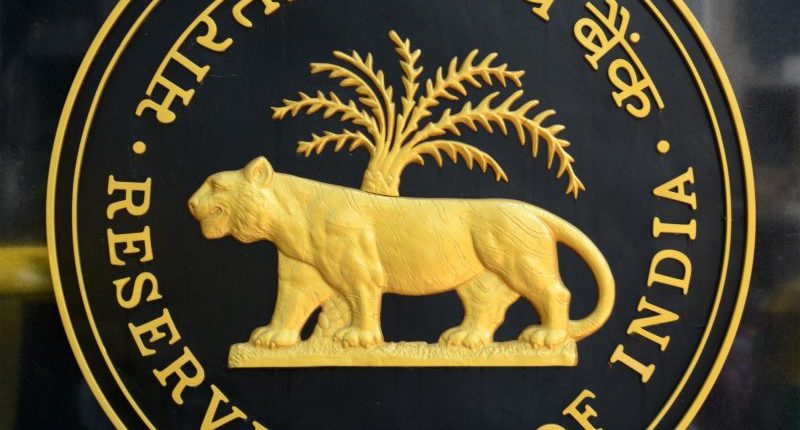The Reserve Bank of India (RBI) has come across instances of abuse of ‘intermediary’ or transitory accounts for money laundering. The RBI has directed all lending banks to internally review all transactions in the ‘intermediary’ or transitory accounts and submit a report by October.
An ‘intermediary’ or transitory account is one where funds are kept for a day or two before the money moves to the account of the real beneficiary. Hence, the transaction would reverse as the borrower is able to arrange funds.
Bank managers tend to use such accounts to give unauthorised loan or overdraft to help a defaulting borrower. The funds may be used near the close of a quarter or just before the account gets classified as a non-performing asset (NPA).
The borrowings are generally unauthorised and depend on the borrower’s relationship with the lender. In the case of an overdraft facility, a defaulting borrower has typically a month before an account status changes to NPA.
Also Read: Link lending rates of loans to repo rates, says RBI to lenders
The ‘intermediary accounts’ are also used for depositing unaccounted cash. The cash is later moved to the customer’s account and shown as a normal banking transaction. Consequently, the cash deposit is not flagged as abnormal ‘cash deposit’ in the report to the ‘Financial Intelligence Unit’ (FIU).
Similarly, ‘intermediary accounts’ also receive funds when cheques get presented for clearing. These funds too could be used towards unauthorised borrowings.
Bank managers have the power to open multiple intermediary accounts. The process is centralised in some banks and authorisation is required from a bank’s general manager.
Since RBI has come across cases of bank branches indulging in unauthorised practices, banks are required to audit and update RBI on their internal controls. At the same time, bank managers are under pressure to retain clients.
I am a Chartered Accountant by profession. I specialise in personal taxes and corporate income tax matters. I am an avid reader and track developments in financial markets, economy and other market developments.





